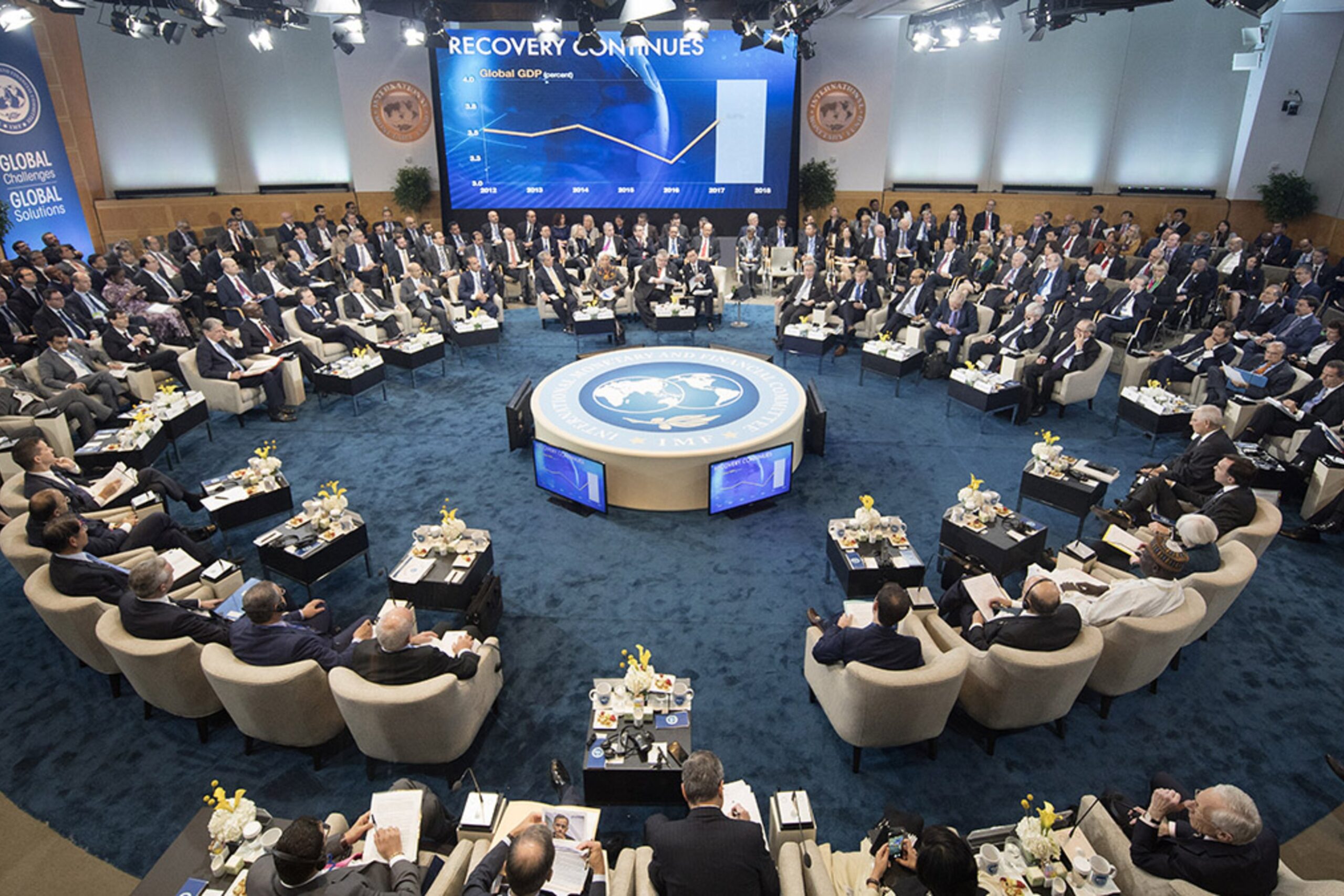Economy still handicapped but better
The Zimbabwe economy is still handicapped even though economic figures are certainly better than nine months or so ago, according to economist John Robertson.
Since the introduction of the foreign currency trading system in June 2020, the Zimbabwe economy has experienced a relative stability in the exchange rate as well as a significant slowdown in inflation.
The premium between the official exchange rate and that of the parallel market has narrowed from a peak of 300 percent prior to June 2020 to the current 35-40 percent.
At some point, the premium narrowed to approximately 20 percent.
The developments and the positive trend, has been acknowledged by both Government officials and the private sector.
In its latest trading update, Innscor, one of Zimbabwe’s biggest and well diversified conglomerates, said “the trading environment remained generally stable during the third quarter (to March 2021), with inflation continuing to subside.
Even at a time of further Covid-19 lockdown restrictions brought into effect to counter a second wave of the global pandemic “consumer sentiment continued to improve”, according to Innscor, which counts Zimbabwe’s largest food manufacturer, National Foods as its subsidiary.
However, “modest increases in output from local factories do not yet add up to a recovery,” according to Robertson in his Zimbabwe Economic Review for the 2021 second quarter report seen by Business Weekly. While the renowned economist did not state the extent of the increases he described as modest, the Confederation of Zimbabwe Industries, in its 2020 manufacturing sector survey, revealed that capacity utilisation had increased to 47 percent in 2020, from 36,4 percent in 2019.
On inflation, Robertson pointed out that although the premium being paid to black market currency dealers is smaller than a year ago, it remains a source of inflation.
He said the continued use of parallel market rates by business, without facing any consequences from authorities, is preventing the emergency of the much needed stability.
The gap between these rates prevents the entire economy from functioning properly, he said.
“These market aberrations reinforce each other so effectively that they are preventing the emergence of the most essential requirement for the needed stability — a Zimbabwe currency that can be bought or sold at the same rate of exchange and holds that rate well enough to make the currency worthy of respect.”
Another handicap in the local economy, according to Robertson, is the continued demand, by exporters, to retain higher percentages of their foreign currency earnings.
“As happens elsewhere, our Reserve Bank should pay a justifiable rate of exchange to buy all inflows of foreign currency and should sell this currency back to those who need it at the same exchange rate.”
Robertson, however, acknowledged that the foreign currency trading arrangements, currently in place though still chaotic, “are less chaotic than they were two years ago”.
Robertson also touched on the country’s 68 percent skills gap as alluded to by President Emmerson Mnangagwa at the launch of industrial parks and a Management Training Bureau.
The economist blamed this skills deficit on the country’s isolation from investment streams that can also generate skills.
“The rebuilding of the country’s skills base is essential, but it won’t happen without the employment growth that only investors can generate.”
The list of licences, approvals and permits needed is long enough to explain why Zimbabwe lost its position as one of Africa’s most industrialised countries, and also why manufactured consumer goods are now a very minor contributor to export revenue, he said.-ebusinessweekly.co.zw









